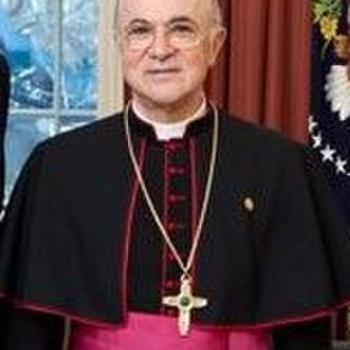 By Ezra S. Shanken
By Ezra S. Shanken
For the past eighteen months I have had the great pleasure of working on redeveloping the young leadership program at the Allied Jewish Federation of Colorado and in turn have had a front row seat to the changing face of our young Jewish community. After hundreds of coffee meetings with young professionals across our Colorado Jewish community, I believe that the nostalgic days of selling our community with equal parts guilt and tradition are long gone. Today, we have the amazing opportunity to sell our Jewish communities on the value that we have had all along.
In a time when interfaith families in our demographic are the rule as opposed to the exception, it is vital that we make our collective Jewish community the most appealing it can be. All across the country you can see the tone changing. In our shop, we are making the change with a healthy mix of outreach programming, leadership development, and a splash of fundraising. I believe the future holds two possibilities: A) we will have a community that continues to shrink as our young people find fulfillment from other outlets within the secular world; or B) we have a welcoming community that brings the patchwork of young families and singles together with a host of diverse offerings under a canopy of love and commitment to the people who call our community home. My hope is that the work that we are doing on the ground today will create the latter. The question is, how do we change from tradition and guilt to value and pride locally, nationally, and globally?
The tactics and programs that have flourished in my Colorado community have a wide range of expression. At Theology on Tap, young professionals learn about Heschel and other great Jewish thinkers over beers with rabbis from three different streams of Judaism -- Reform, Conservative, and Modern Orthodox. Others have cocktails with machers in our community so that our young professionals can grow through networking and gleaning the knowledge imparted from a generation before.
We're also creating opportunities for young people to participate in Shabbat meals where judgments are set aside and rituals that may have previously divided us become topics of conversation and learning for Jews and non-Jews alike. Abra Annes, a colleague at the San Francisco Jewish Federation, summarized our program shift when she said, "Programming for this generation has to be mutually beneficial, i.e., the participants have to be able to get something out of it as well. This is why networking and speaker/educational events are so popular -- because the person can walk away with a new business contact or a new piece of knowledge that they didn't have before. People don't go to an event just because their friends are going anymore. Our generation needs to know what is in it for them."
On a one-on-one level the acquisition of new prospects for young leadership has changed from the days when parents and grandparents would "turn in" their children and grandchildren to Jewish organizations. Today, many of my initial meetings are achieved through initial contacts at online social networks like Facebook and Twitter. Also, the conversation at the first meeting has changed. Gone are the days of the "What do you make?" and "This what you're giving" conversation. Today most meetings that I have with the next generation start with "What can we do for you?" or "How can we help you be more successful?" This extends to even the non-Jewish spouses in our community.
On the national level we are shifting from "giving first, volunteering second" to "volunteering first, and giving second." The Jewish Federation of North America (UJA or UJC depending on your generation) launched its NOLA (New Orleans) young leadership conference to connect our young professionals with real needs and to allow them to physically touch the causes that the Jewish Community values.
Globally, American Jewish World Service (AJWS) is paving the way for the next generation to find value within our community by connecting with communities around the world that are not of our same faith. It allows many Jews to connect their secular values of wanting to make positive change in the world to the Jewish values of tikkun olam on farms and villages in Africa and around the world.
Often as a community we fall into the trap of thinking that since we have been around for 3,000+ years, we will of course be around forever. But we mustn't confuse what was and what is with what will be. How we decide to engage the other within our emerging young population will define us as a truly welcoming community that will not just survive but thrive well into the future.
Ezra Shanken is a third-generation Jewish Communal Professional and the Senior Manager of the Young Adult Department and Major Gifts at the Allied Jewish Federation of Colorado in addition to being the third E of E3 and a member of both the Mizel Museum Board of Advisors and Ramah of the Rockies Board of Directors.
7/13/2010 4:00:00 AM




